Why I Enjoy Talking To Dead People By Andrew Leigh
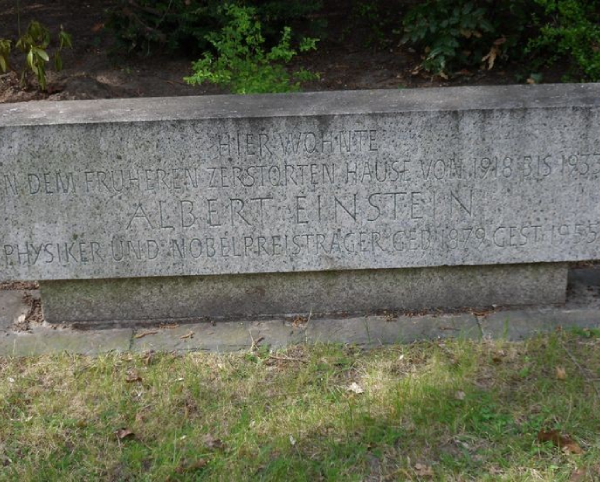
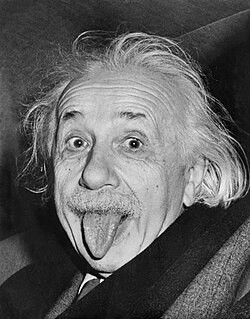
Conversing with deceased historical figures is not quite as bizarre as it sounds. For example, when developing his theories, Albert Einstein visualised conversations with past science talents such as Isaac Newton and James Clerk Maxwell, the Scottish physicist and mathematician responsible for the classical theory of electromagnetic radiation.
Imaginary dialogues enabled Einstein to test his ideas against the wisdom of other geniuses, pushing beyond traditional boundaries of thought.
Likewise, the 16th-century French philosopher Michel de Montaigne often engaged in imaginary conversations with Socrates, Seneca, and Plutarch. He claimed such interchanges allowed one to “rub and polish our brain by contact with others.”
Closer to our own time, Professor Brett Kahr resurrected the dead Donald Winnicott, the English paediatrician and psychoanalyst. Kahr “invited” him for a memorable cup of tea at 87 Chester Square, his former London residence. The two men discuss Winnicott’s life and work in compelling detail, and the result appeared as a book in 2016.
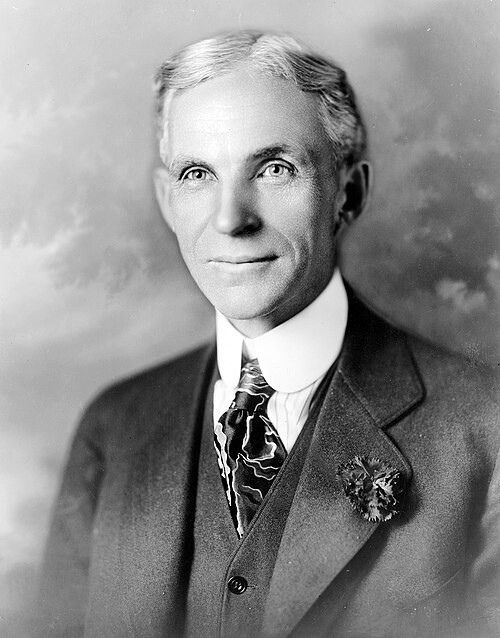
Henry Ford, who invented the mass production of cars, surprisingly valued the advice of what he called his “Master Mind Group.” For this practice, he would consult the wisdom of successful individuals who have passed away to gain insights and creative solutions beyond his understanding.
But why bother to have imaginary conversations with long-dead or even fictional people? Based on the imaginary experiences of travellers of previous times, one of the first gains is intellectual growth.
My two recent books, Conversations With Remarkable Women and Conversations With Marvellous Muses, took me on imaginary and unforgettable journeys that I share with readers willing to suspend their sense of reality for some unique and enjoyable moments.
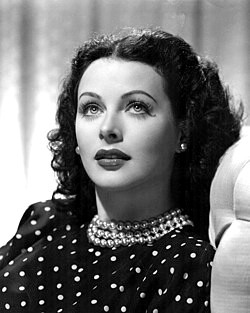
How else could I have met the stunning Heddy Lemarr, who conquered Hollywood and invented a technology that makes your mobile phone possible? Nor would I have missed my imaginary counters with Harriet Tubman, Lou Von Salome and architect Zaha Hadid.
As for meeting Mary Pickford, one of Hollywood’s most influential women, who would have thought she would provide me with a private showing of her favourite film, Sparrows, from 1926.
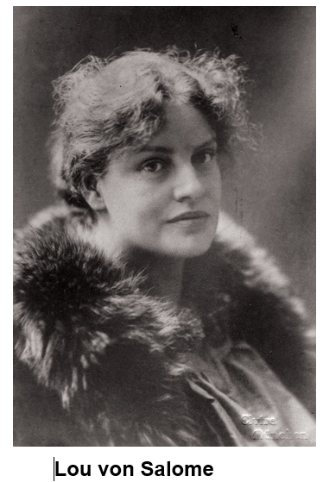
My encounter with the artist Prince exceeded my expectations. Now I understand why he made such an impact and why, unlike many pop stars, his legacy endures. Of all the 40 dead people with whom I had extraordinary and rewarding conversations, one proved especially memorable and stimulating: Lou Von Salome. No wonder the eccentric and brilliant Nietzsche became a world-renowned figure as a result of her writings explaining what he meant by declaring that “God is dead”. Freud was equally dazzled by Salome and hated to begin his lectures without her presence.

Well-known motivational speaker Napoleon Hill also gained confidence from imaginary conversations with dead people. These contributed to his real-world success. He shared his experiences engaging with historical figures such as Abraham Lincoln and Thomas Edison.
Hill described how he would sit down with them to discuss challenges and insights. “These people helped me in ways that were psychological and tangible.”
Whether you seek inspiration, a cultural perspective or fresh insights, this impossible creative interaction can change how you see life. To paraphrase Franklin D. Roosevelt, “Learn from the past to build your future!
Andrew’s books Conversations With Remarkable Women and Conversations With Marvellous Muses are on Amazon and on the website www.andrewsbooks.site
He can be contacted at info@andrewsbooks.site
